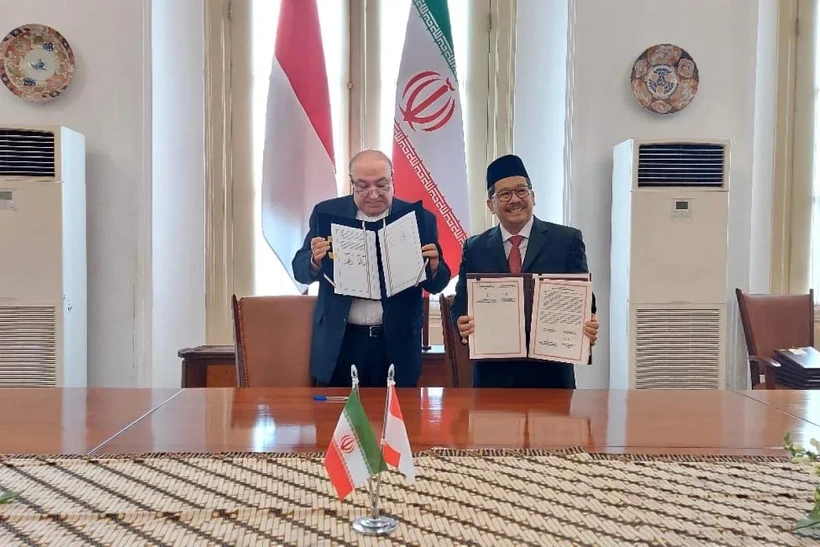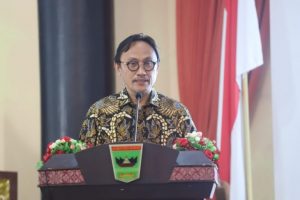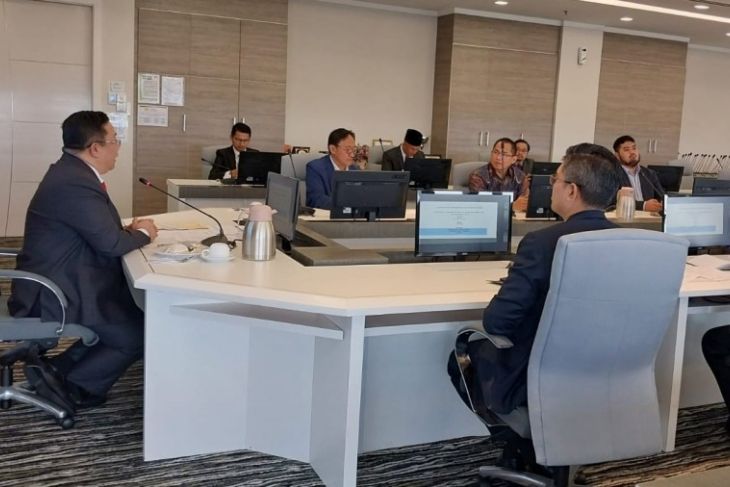
Photo: Rana/MINA
Bogor, MINA – The Indonesia Halal Training and Education (IHATEC) under the auspices of the Institute for Assessment of Food, Drugs and Cosmetics of the Indonesian Ulema Council (LPPOM MUI) is now holding an international halal training.
Called “Bogor International Training on Halal Assurance System”, the training is attended by 63 participants from 48 companies from 15 countries covering five continents.
The participating countries are Indonesia, Malaysia, Singapore, Philippines, China, Thailand, Japan, Australia, India, Nigeria, Vietnam, USA, Italy, Korea and Taiwan.
Deputy Director of LPPOM MUI, Muti Arintawati said that this training is one of the requirements that must be fulfilled in halal certification process.
“Training on Halal Assurance System (SJH) is one of the training required for every company that will propose and have a halal certificate of MUI,” she said during her opening remarks on Tuesday (3/10).
According to Arintawati, through the SJH training, the participants are expected to be able to understand and be able to implement a system that can guarantee the whole process always in accordance with the established halal standards.
The same thing was also conveyed by the IHATEC Chief, Nurwahid who said that through this training MUI expected to be able to encourage and diseminate the concept of halal assurance system to all participating countries.
This training is the fourth time held by IHATEC together with LPPOM MUI in the last two years, with participants covering the five continents. This indicates the high enthusiasm of the world’s major companies to prepare a halal guarantee system for their products,” said Nurwahid.
Meanwhile, one of the trainees who is also QA Manager of Noodle, De United Food Industries, Ltd., Nigeria, Rohit Kedia, expressed his hope in this training. Kedia said the training is the basis for the company to always provide security and halal security for consumers, especially in Nigeria.
“In Nigeria, halal is a necessity for the whole community, even though the population is only 55% Muslim, but awareness of halal is also felt by non-Muslims. Therefore, we are committed to always provide halal products,” said Kedia.
“In Nigeria, halal is a necessity for the whole community, even though the population is only 55% Muslim, but awareness of halal is also felt by non-Muslims. Therefore, we are committed to always provide halal products, “said Kedia.(LT/R04/RS5)



